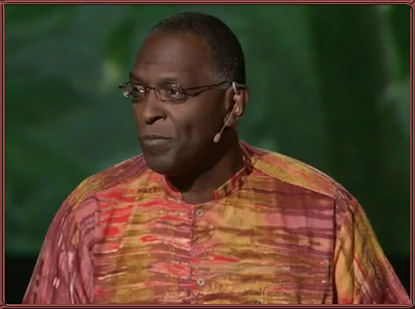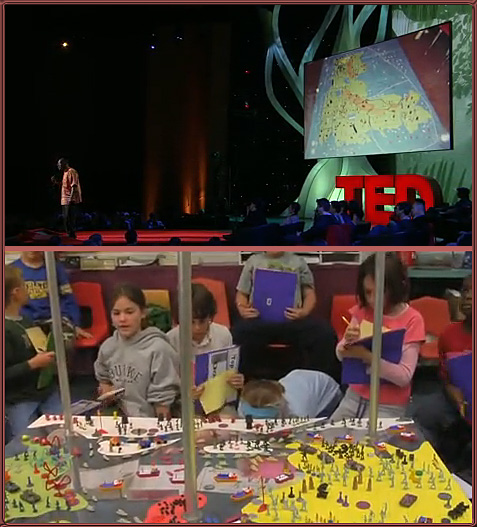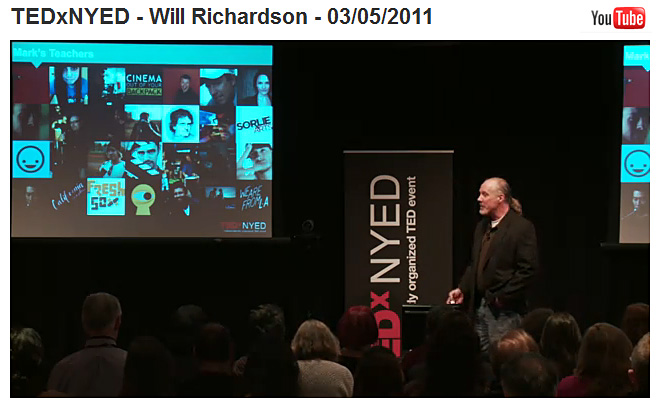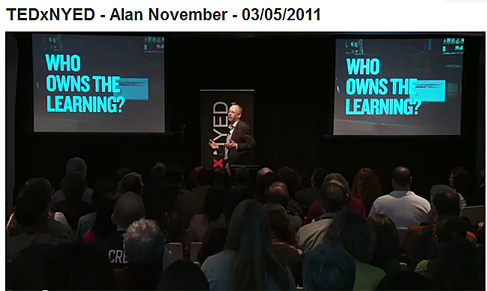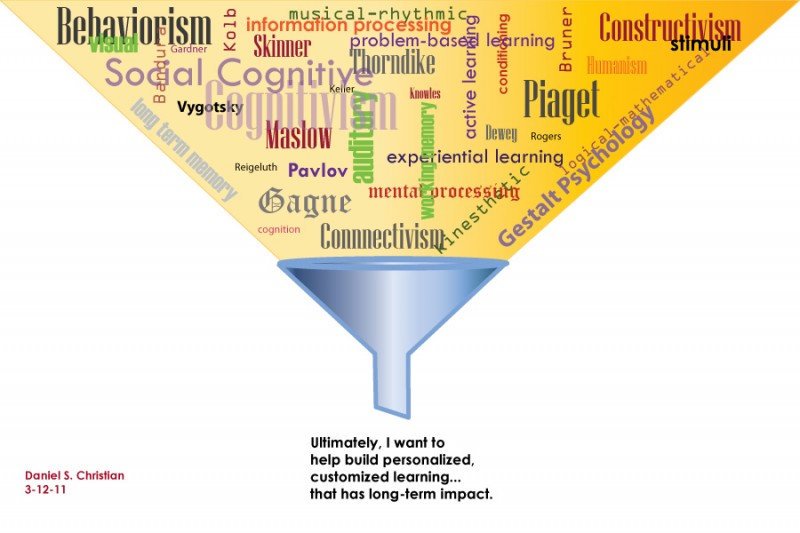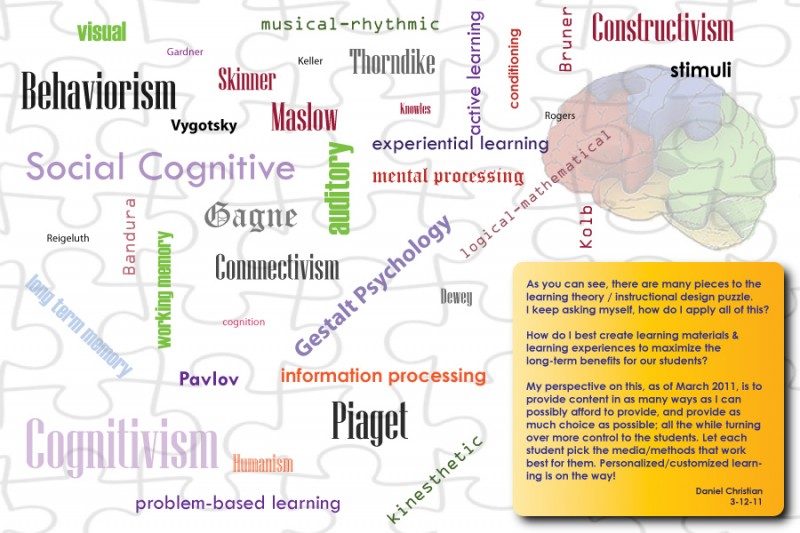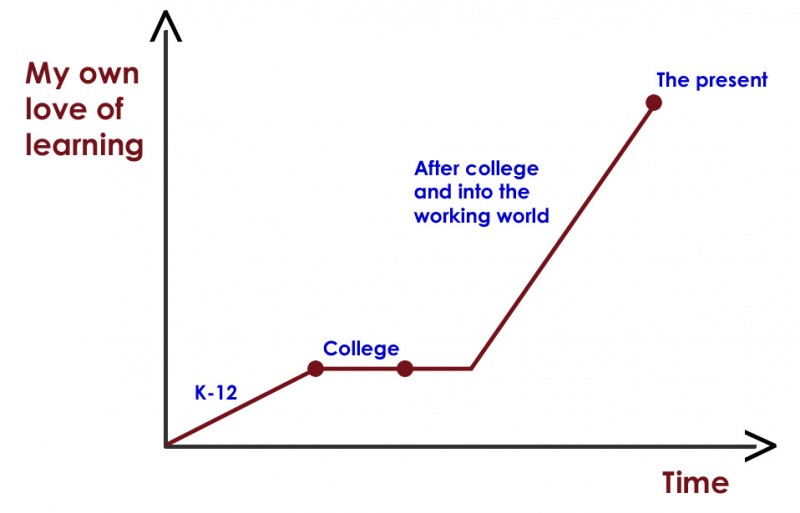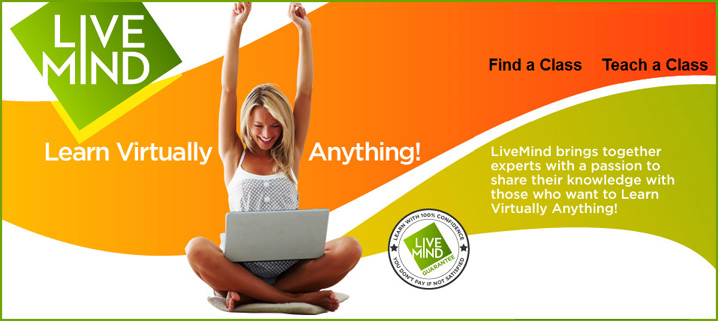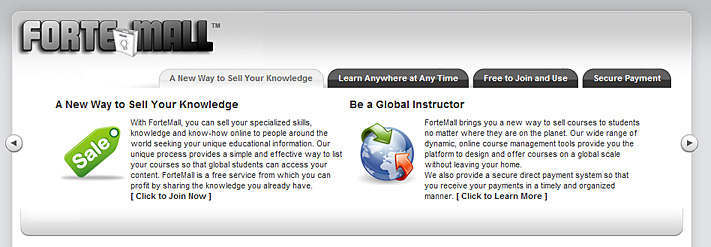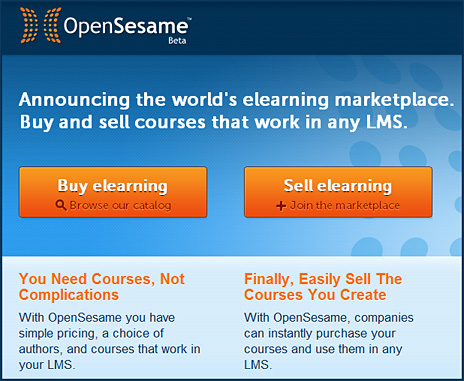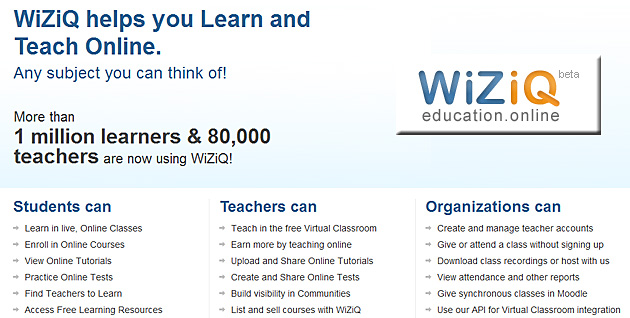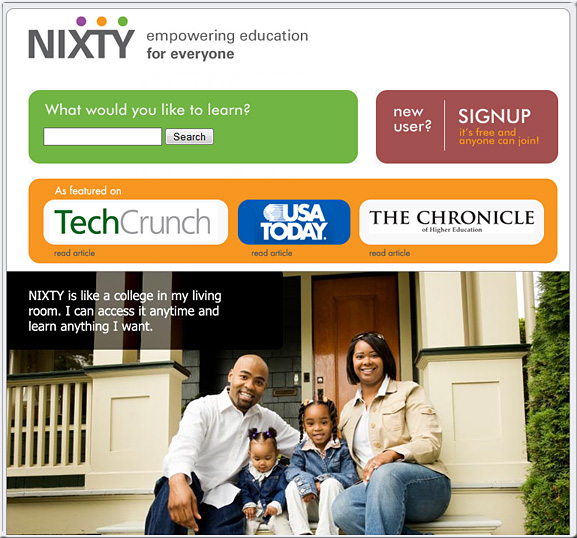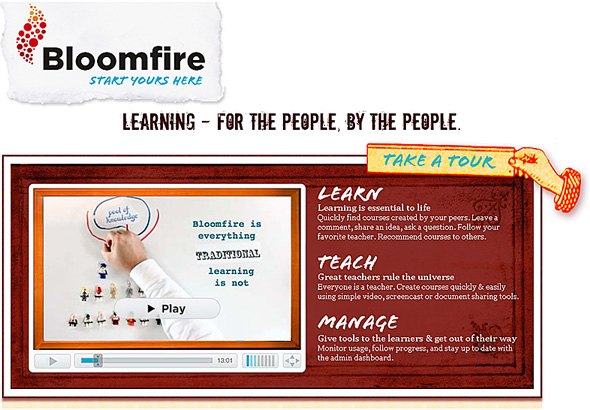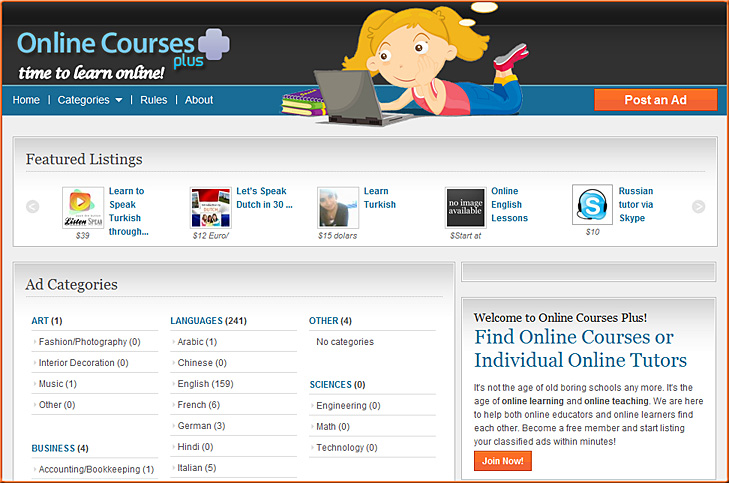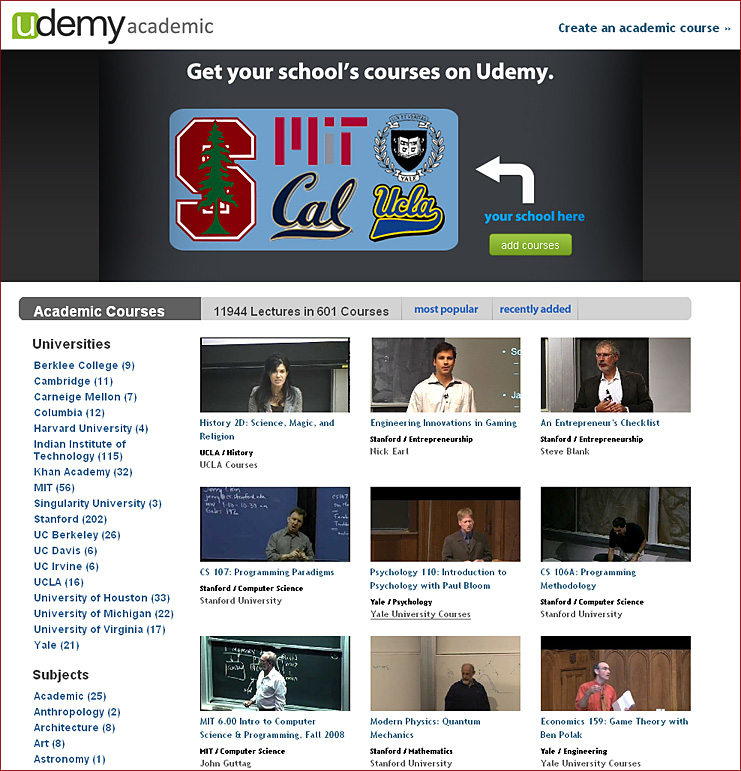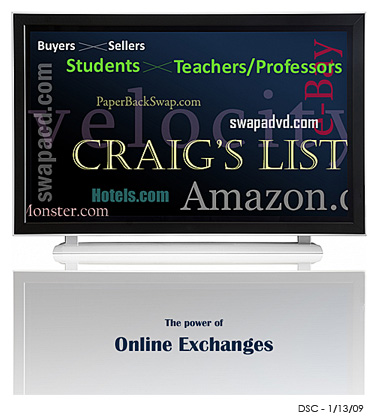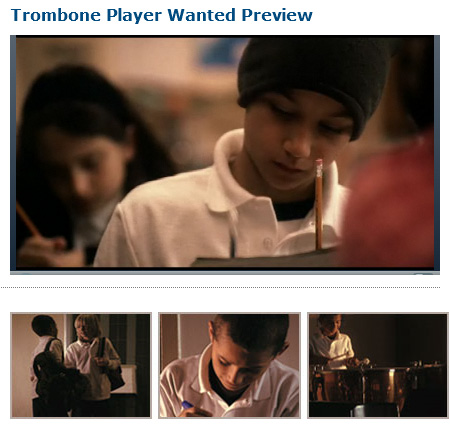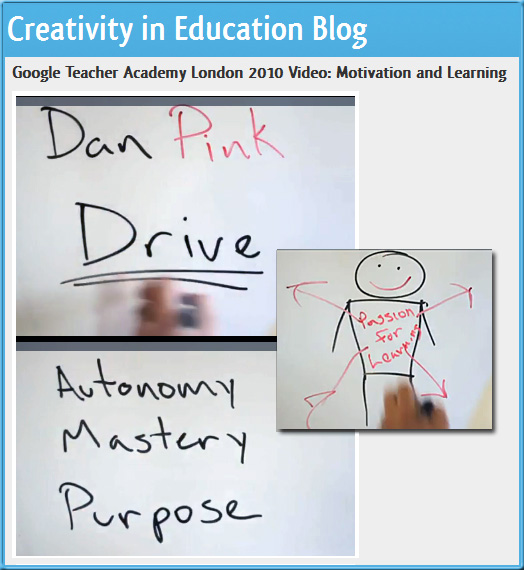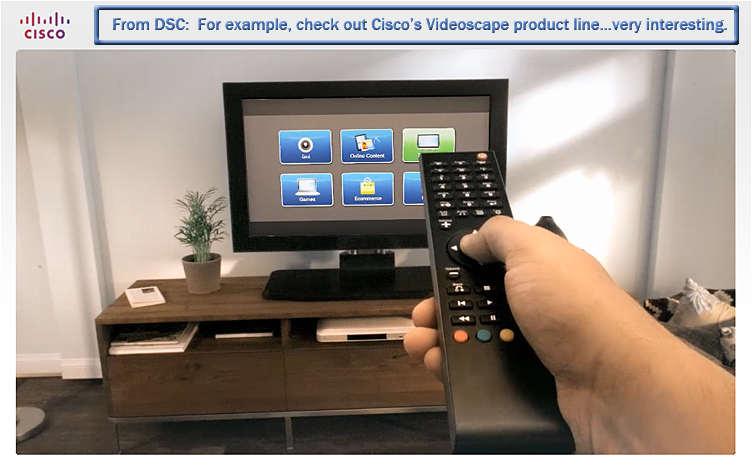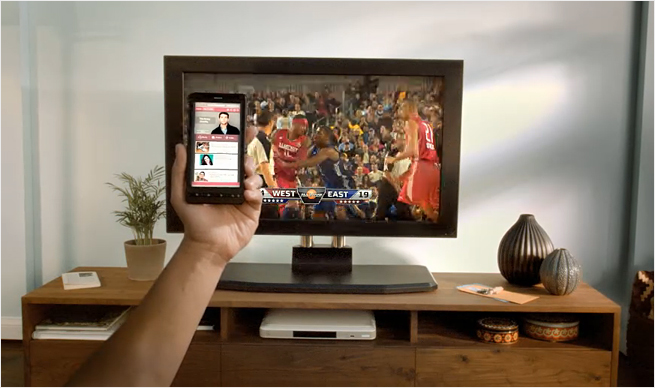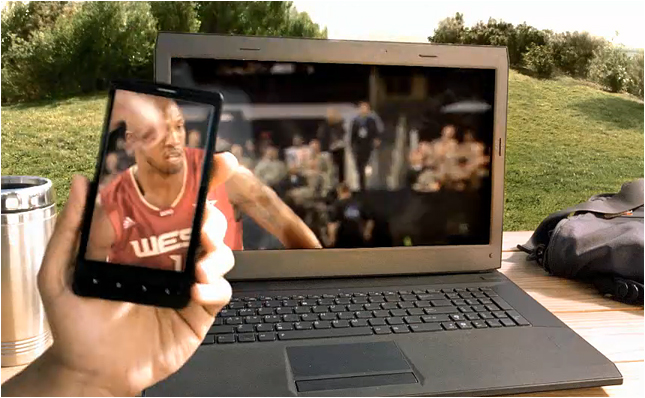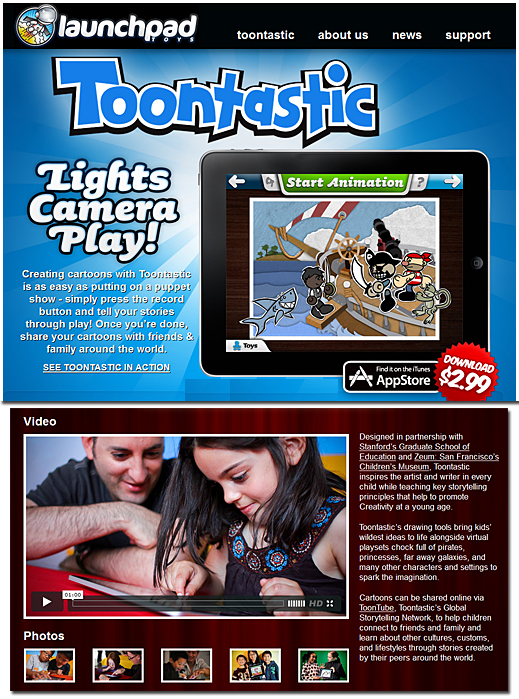From DSC:
The incredible potential of location-aware educational materials, which could greatly enable a student to pursue their passions.
The other day, I was talking to my son after he had just finished playing a Wii-based football game. As we were talking, the situation made me reflect upon the power* that could come into play when a game/resource knows your (general) location. For example, in this NFL-based game, the system might ask if my son wants the Detroit Lions involved in the game. If he said yes, then the system might ask if my son were interested in knowing more about the Detroit Lines upcoming schedule. Again, if he answers in the affirmative, the system could provide a link to instantly take him to that information.
Now…take that same concept into the world of education, as a student attempts to pursue her passions, interests, and gifts. If she’s using a device that is teaching her how to draw, the “game” might present a list of art shows and exhibits in her area, along with information on how to get tickets to such events. In this manner, she could feed her passion. Such applications could open up a network of opportunities — in real-time — and present to a student what’s currently happening around them that could further involve them in the very thing that they are working with at that time (be it music, art, math, physics, or whatever discipline that’s involved). This is especially powerful if one were traveling or on a field trip.
Museums and educational institutions could tag their events so that such software goes out looking for such information and would bring such information back to the “game”.
It seems to me that if such technologies uncover chances to further one’s passion, the student will develop more of a love for learning. If a student develops a love for learning, the chances are better that that person will become a lifelong learner.
My bet? Some pretty cool teaching and learning times are ahead…
.
* I realize there are reflections going on in my mind — and others’ minds as well — that such power needs to be taken seriously, responsibly…and not abused from a commercial standpoint nor from a security standpoint. Software may even be needed to absolutely block such inquiries — but if we get to that point, we’ve let the bad apples out there control everything…again.









